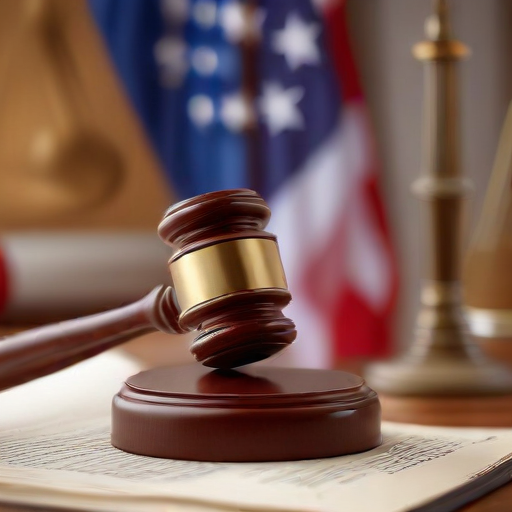Fulton County District Attorney Fani Willis has been disqualified from the election subversion case against Donald Trump and several co-defendants. This development stems from her romantic relationship with a prosecutor she hired, and the ruling from the Georgia Court of Appeals reflects a significant legal win for Trump.
Last year, Willis filed extensive charges against Trump and more than a dozen others in connection to alleged efforts to overturn Trump’s 2020 election loss in Georgia to Joe Biden. The appellate court’s ruling reverses a previous decision by the trial judge that permitted Willis to continue with the prosecution after her relationship with prosecutor Nathan Wade was disclosed.
The three-judge panel stated that the trial court had erred in allowing Willis to remain on the case due to significant concerns over the integrity of the legal proceedings, emphasizing the need to preserve public confidence in the judicial system. Critics of Willis, including Trump’s legal team, argued that her relationship created an unavoidable conflict of interest.
Despite the ruling, the charges against Trump and his co-defendants remain intact, indicating that a new prosecutor will be appointed to handle the case. Willis has signaled her intention to appeal the decision to the Georgia Supreme Court.
Notably, while Trump’s trial is unlikely to commence until after his potential tenure in office, some co-defendants have already entered guilty pleas, potentially expediting their individual trials.
The case has been marred by controversy throughout, particularly following revelations about Willis’s personal connections that led to debates over her capability to manage the prosecution impartially. While the ruling has been celebrated by Trump supporters, it also underscores the complex nature of legal proceedings intertwined with political implications.
As this situation unfolds, it highlights the broader issues of transparency and accountability within the legal system. The appeal process initiated by Willis offers a chance for the case to continue under legal scrutiny, ensuring that the rights of all parties involved are upheld. It also serves as a reminder of the importance of maintaining ethical standards in the judicial process, thereby fostering public trust in the outcome.
This turn of events embodies both a legal and political challenge as the nation watches how the case will progress moving forward. Ultimately, the resolution of these legal battles may play a pivotal role in shaping the landscape of American politics and governance in the coming years.
